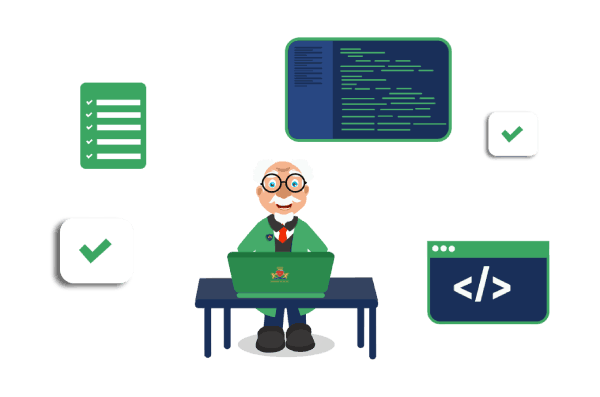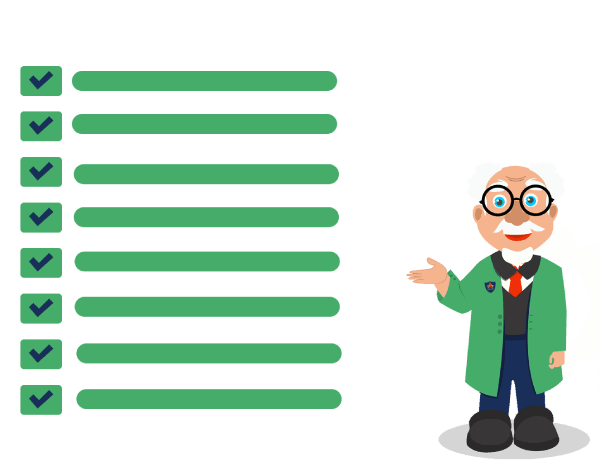Social media marketing: Social media marketing is one of the most highlighted developments of the last decade. The way we interact with others has changed drastically due to the increasing use of these social platforms. In this course, you will learn how to use these social media platforms for marketing a brand and attracting consumers. We will cover automated tools to run social campaigns and the use of AI and data science-based tools to monitor the behaviour of the targeted consumers.
Email marketing: Email is an effective way to communicate with the target audience. It is a cheaper way of delivering the marketing message. In this course, we will cover various email marketing techniques and tools. You will learn a legal way of list-building and improve the delivery of emails.
SEO (search engine optimisation): This is one of the most important digital marketing techniques. We rely heavily on search engines like Google to find the relevant information which influences our purchase decisions. This course will learn various techniques to optimise your website to make it appear in relevant search results.
Conversion Optimisation: Small changes in how you present your website or marketing materials can significantly influence the target customers to make a purchase decision.
In this course, you will learn various areas which you can target to optimise your campaign. You will learn how to identify these low-hanging opportunities to increase your revenue. We will focus on small to micro-elements like changing a field colour, adding a call-to-action button, etc., which will make more significant differences in converting a visitor into a customer.
Lead Enrichment: It’s easier to lose your leads than you think. Hence, it’s essential to reach out the interested visitors once they leave your website. In this course, we will explore various business intelligence tools that can help you understand your leads better and provide them with the critical information they need to make a purchase decision.
Landing Page and Lead Capture: Landing pages are essential to capture leads. In this course, you will learn how to build and optimise landing pages to make your visitors give their contact information. You will also learn about the legal way of capturing, storing and using data by exploring GDPR.
Graphic creation: Graphics are essential to attract consumers’ attractions. In this course, you will learn various forms of graphics like Infographics, Memes, Vector images, etc., which can be used in your digital marketing campaigns. You will also get introduced to some of the easy to make tools to build up these digital assets yourself.












